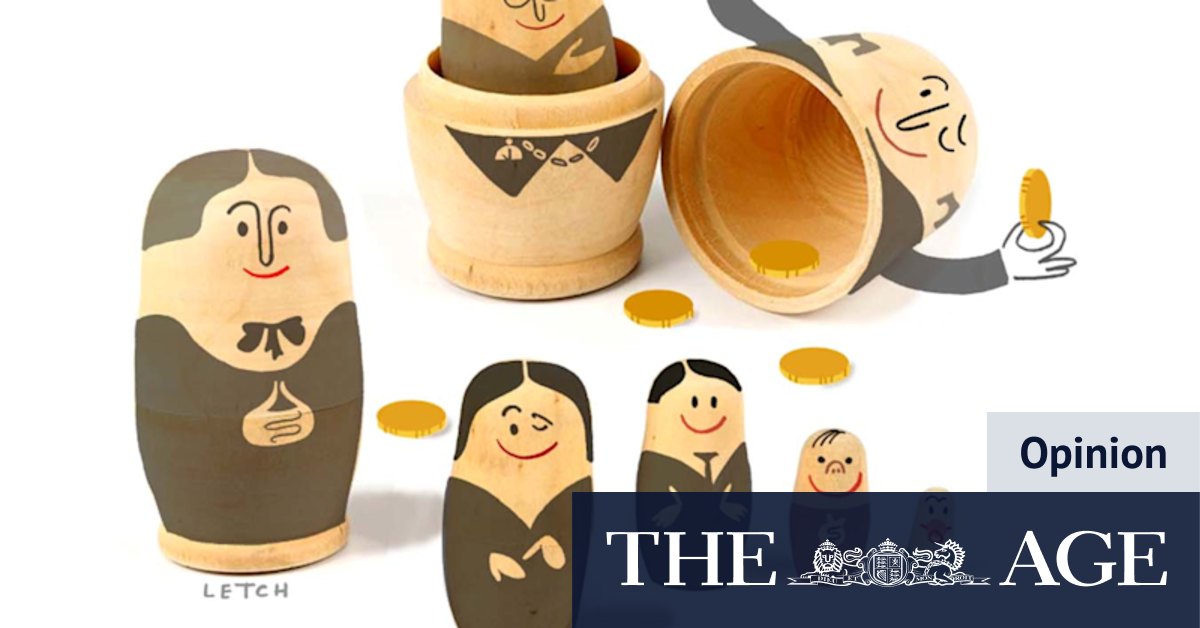I think a clever use of superannuation would be your best strategy. Your employer should be contributing $13,200 a year to your superannuation, which leaves room for you to make an additional $16,800 a year as a tax-deductible contribution.
The contribution tax on this would be 15 per cent, which is much lower than the 30 per cent you would pay if that money were taken as part of your salary. Furthermore, your superannuation fund should be earning a much higher return than the net amount you are effectively receiving on your savings by using the offset account.
Given your superannuation is under the $500,000 limit for catch-up contributions, I would take advice about using these to potentially double the amount you are making each year as a tax-deductible contribution
My wife and I are 52 and 51 respectively and are fortunate to be mortgage-free. I have $405,000 in super and my wife $260,000. I work full-time in a well-paid job and my wife works part-time six to eight hours a week.
We have an investment property in my name, which I originally lived in between 2007 and 2012 – a unit worth $600,000 with a $215,000 mortgage in inner-city Melbourne. However, overdevelopment and increased taxes have seen capital growth decline, with further decline likely given government policies and plans for more development, meaning the outlook for capital gain is low.
Should I sell the property now, pay the capital gains tax and invest the proceeds into equities — putting some into super as concessional catch-up contributions, some as non-concessional contributions, and/or some in an investment portfolio in my wife’s (low marginal tax) name – or should I wait until retirement and use the downsizer contribution, given that capital gains from property are likely to be substantially lower than from equities over the next 15 to 17 years?
Loading
It’s been my experience that a good share portfolio will usually outperform a mediocre property. You have plenty of room in your superannuation balances to make contributions, and many years left to do so.
Therefore, I would keep the downsizer contribution for the future, when you might find your super fund is too large to accept further contributions if you haven’t already maximised them.
My aunt recently passed away and left my brother and me some money in her will. Sadly, my brother has since passed away, so the will states that his share goes to me. I would like to give my brother’s widow his 50 per cent share, which amounts to $150,000. I’ve been told this could affect me negatively when I reach pension age at 67. I’m currently 62.
Money given away within five years of the pension application date will be treated as an assessable asset and subject to deeming. You could make a gift of $130,000 as soon as possible, combined with a loan for $20,000, and then forgive $10,000 of that loan each year for the next two financial years.
This would make a total of $30,000 that will be exempt. The remaining $120,000 would then be counted by Services Australia for five years from the date of the gift, which may not be a long time if you apply for the pension at age 67.
Noel Whittaker is author of Retirement Made Simple and other books on personal finance. Questions to: noel@noelwhittaker.com.au
Advice given in this article is general in nature and is not intended to influence readers’ decisions about investing or financial products. They should always seek their own professional advice that takes into account their own personal circumstances before making any financial decisions.
Expert tips on how to save, invest and make the most of your money delivered to your inbox every Sunday. Sign up for our Real Money newsletter.

